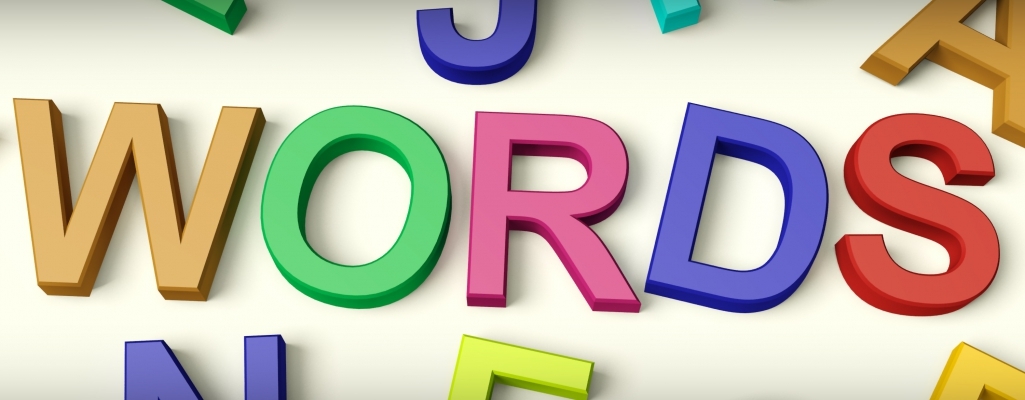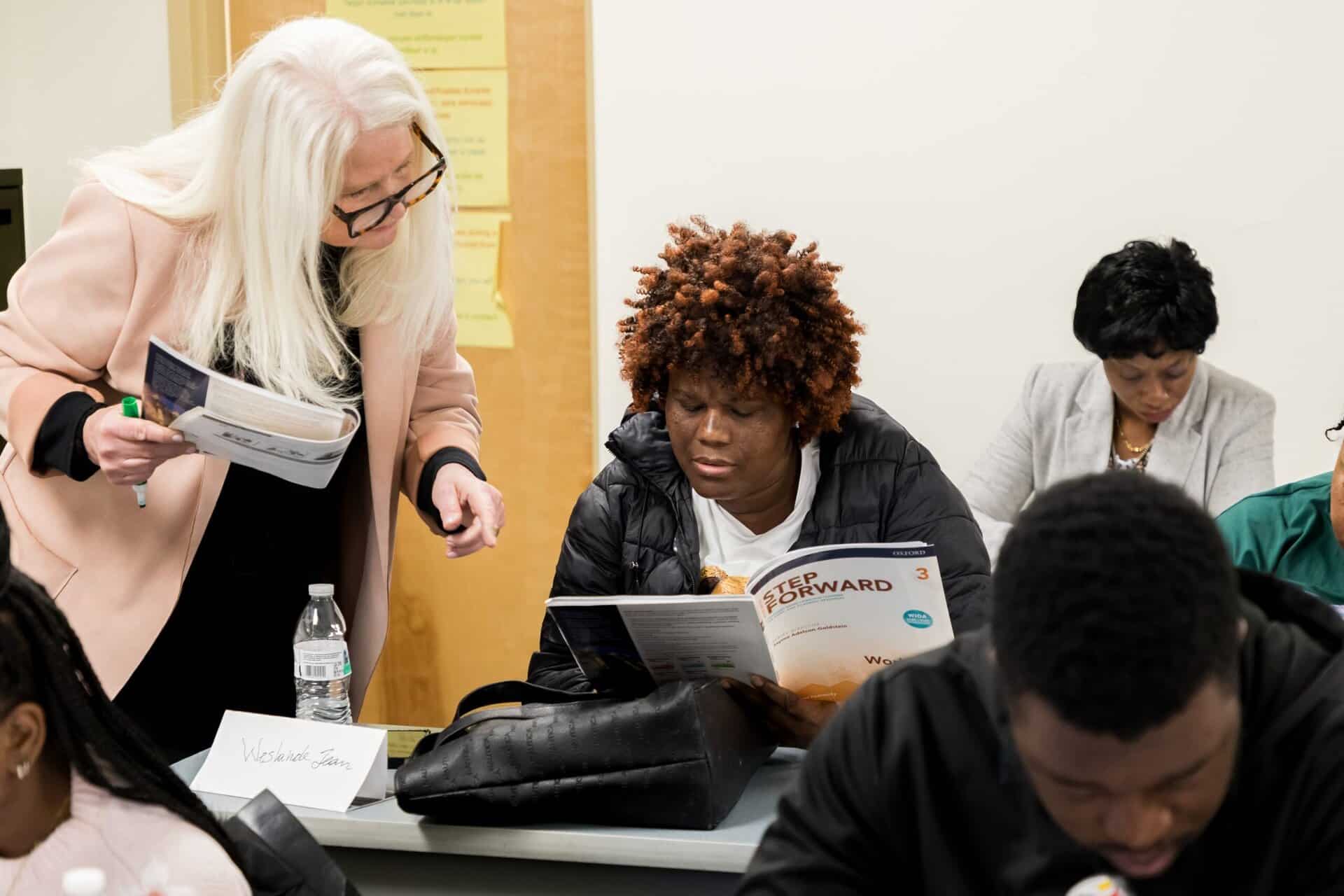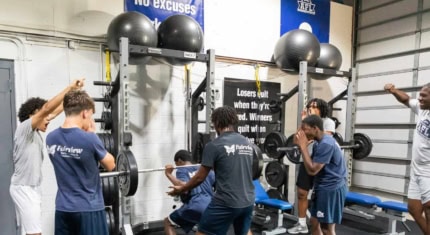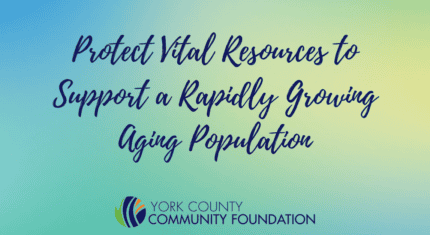“I dread getting old!”
“That elderly man should not be driving.”
Do you see anything wrong with the language above? The statements convey ageist messages because they reinforce a social preference for youthfulness.
Words do matter
We learn new words in two ways:
- By associating a new word with other words we already know
- By the way in which a new word is used
We then store these associations in our minds. Whether positive or negative, these mental recordings impact the way we think, feel, and react to people, places, and things we associate with the words.
Two words that most often have us recalling strong negative impressions about aging are “old” and “elderly.”
Old
The word “old” can be used to describe something or identify a condition. Typically, “old” is associated with things that we either put, give, or throw away because they are no longer useful or relevant to us.
The word “old” brings up all the negative images we’ve accumulated over time. We automatically transfer these to a person or a group who are referred to as old.
Subconsciously, old makes us think of a decline in health and functionality. This reminds us of our own mortality. One way we cope with a fear of dying is to distance ourselves physically and psychologically from people we view as old.
Elderly
The word “elderly” often conveys images of people who are frail, victims, and powerless.
When people hear the word “elderly,” their mental recordings bring up images of people who are the least competent or even near death.
Not all people of a certain age are the exact same. Labeling all people of a certain age group with the term “elderly” stigmatizes them.
I know many people age 65 and older who are thriving, they’re extremely competent, active, and thriving.
Taking ageism out of old and elderly
Two letters are all it takes to remove ageism from these words.
For old, it’s simply adding “er.”
Older is not viewed as a negative stereotype because throughout our life course, being older implies we have things to look forward to as we age.
We don’t hear people saying, “I dread getting older.” In fact, the opposite is often true as children, teens, and adults anticipate something they want to do as they age. This includes people age 50 and older as they plan for things they desire when they no longer work or when their children are independent.
For the world elderly, it’s simply dropping the “ly.”
Elder is viewed as a term of respect, especially in certain cultures. This term conveys wisdom and knowledge, the exact opposite from our thoughts associated with the word elderly.
Why does this matter?
Negative views on aging impacts our aging.
- People with positive attitudes live on average 7.5 years longer than those with neutral or negative views.
- People who believe they can retain their physical and mental abilities during aging are more likely to keep them.
It’s time to stop using words and comments that place shame on aging.
Join me in removing the words “old” and “elderly” from your vocabulary and replacing them with older and elder. As we do, we’ll choose language that values all ages. Together, we will make a difference in our aging and in the aging of all in our community.







